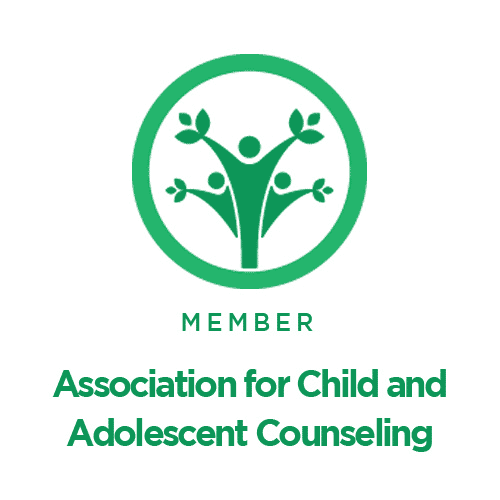Verbal communication skills are vital and will help you succeed both personally and professionally. Communication is often said to be the “oxygen” or “lifeline” in life’s many relationships. It makes sense, without proper communication, relationship satisfaction often declines. We all have a need to speak, be heard and validated.
What’s getting in the way of your ability to communicate with others? Not wanting to say what’s on your mind, fearful of the other person’s reaction, feeling like your words are unimportant, speaking your truth but using language that is harsh or further escalates a situation, yelling and screaming, coming across as arrogant, not being receptive, feeling & speaking on strong emotions, failing to pay attention to body language, difficulty articulating your thoughts and feelings or not caring are common mistakes people make with communication. If you struggle with communication, here are some tips to help you and your relationships.
Be in tune with your feelings: Awareness of your emotions helps you understand yourself, identify your needs and can indicate if it’s a good time to communicate.
Have the right attitude: Communicating with a positive and open-minded attitude will allow you to put the focus on the goal of the communication which includes both people. Sometimes this means working through strong emotions before you can think more clearly about the big picture.
Speak using “I” statements: I can’t stress this one enough. When communicating with another person, use “I” statements as much as possible. When you say “you” it often places the other person in a position of defensiveness -- which isn’t helpful. “I” statements keep the focus of your communication on your thoughts and feelings.
Get to the point: People with strong verbal communication skills can get to the point using the fewest words possible. Be straightforward and clear with your words so your audience understands you. Anxiety can get in the way of this step because some people speak in circles when they are nervous.
Body Language: Using body language can strengthen your communication. Paying attention to the non-verbal communication of your audience is just as important as the spoken words.
Watch your tone: Your tone conveys and clarifies meaning. One phrase can have multiple meanings based upon how you say it. Speak in a tone you want your communication to be received. Remember, “10% of conflict is due to differences of opinion and 90% to the tone of voice.”
Validate the other person’s feelings and perspective: Validation communicates that a relationship is important even when the individuals disagree.
If you need help with your verbal communication skills, counseling is a great space to work on them. At A Little Counseling, we raise awareness of communication patterns, practice communication skills and work on increasing comfort with expressing thoughts and feelings through words. Need help? Give us a call! We’d love to help you with your communication to better yourself or child and life’s many relationships!








